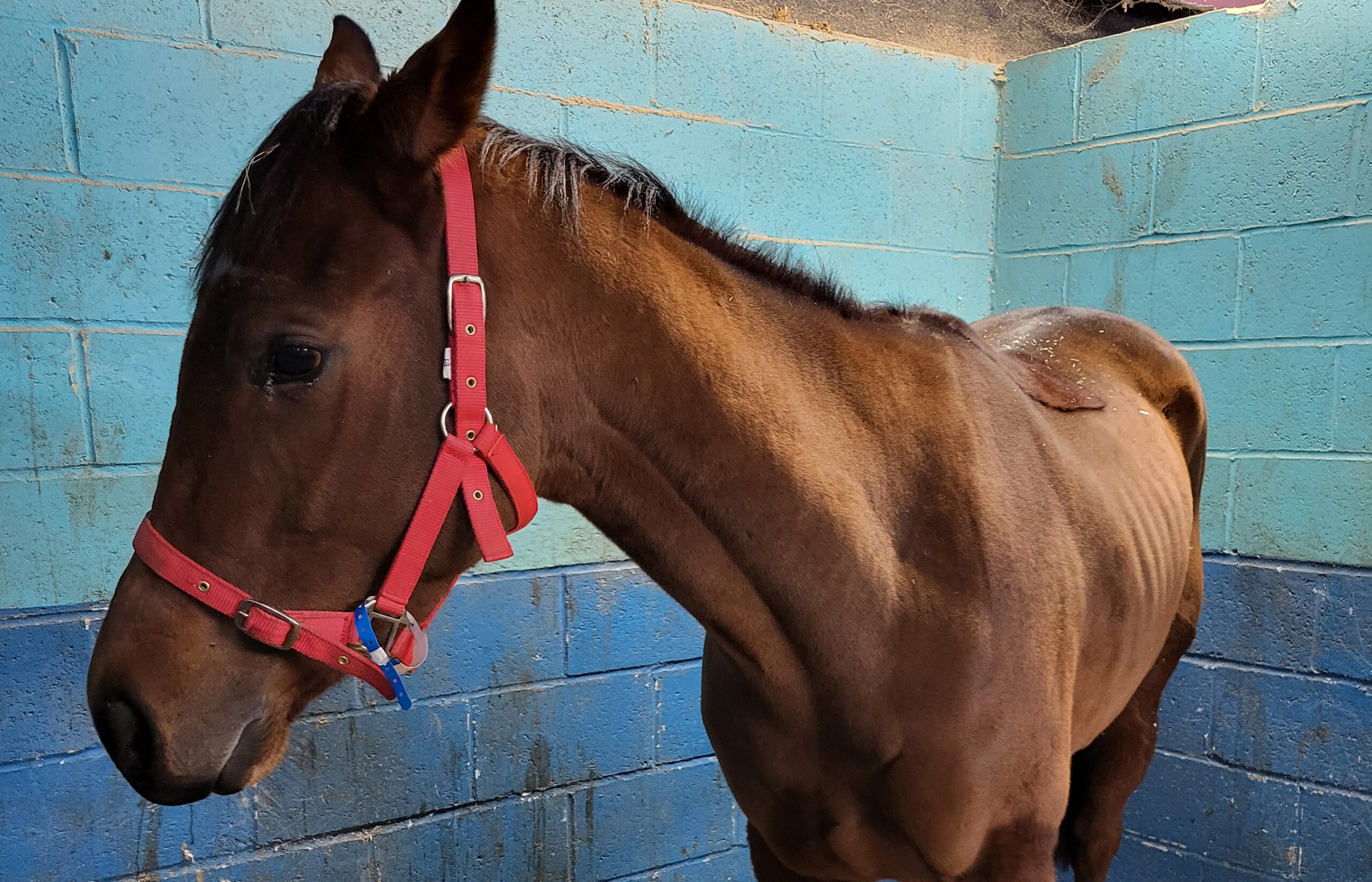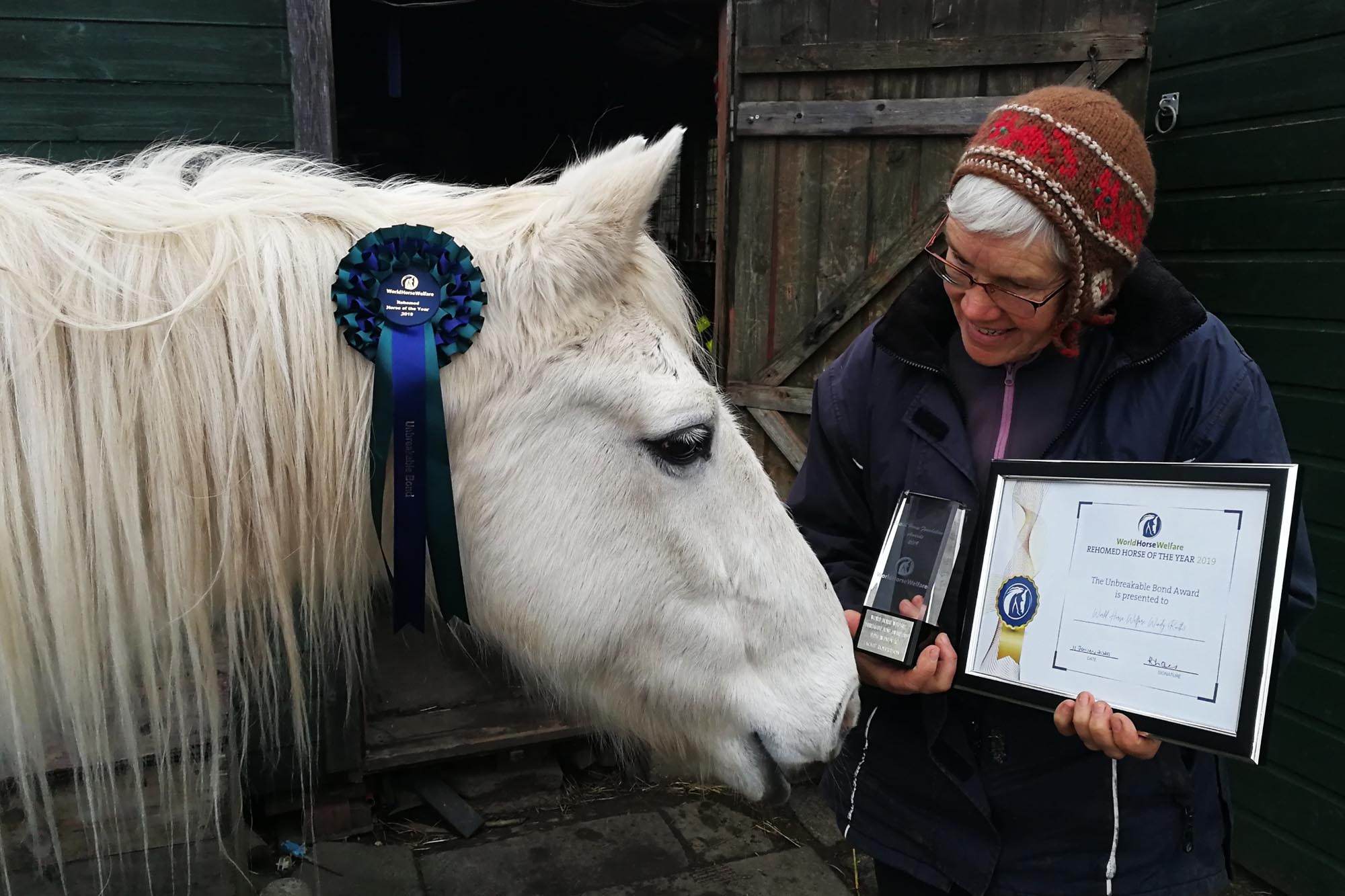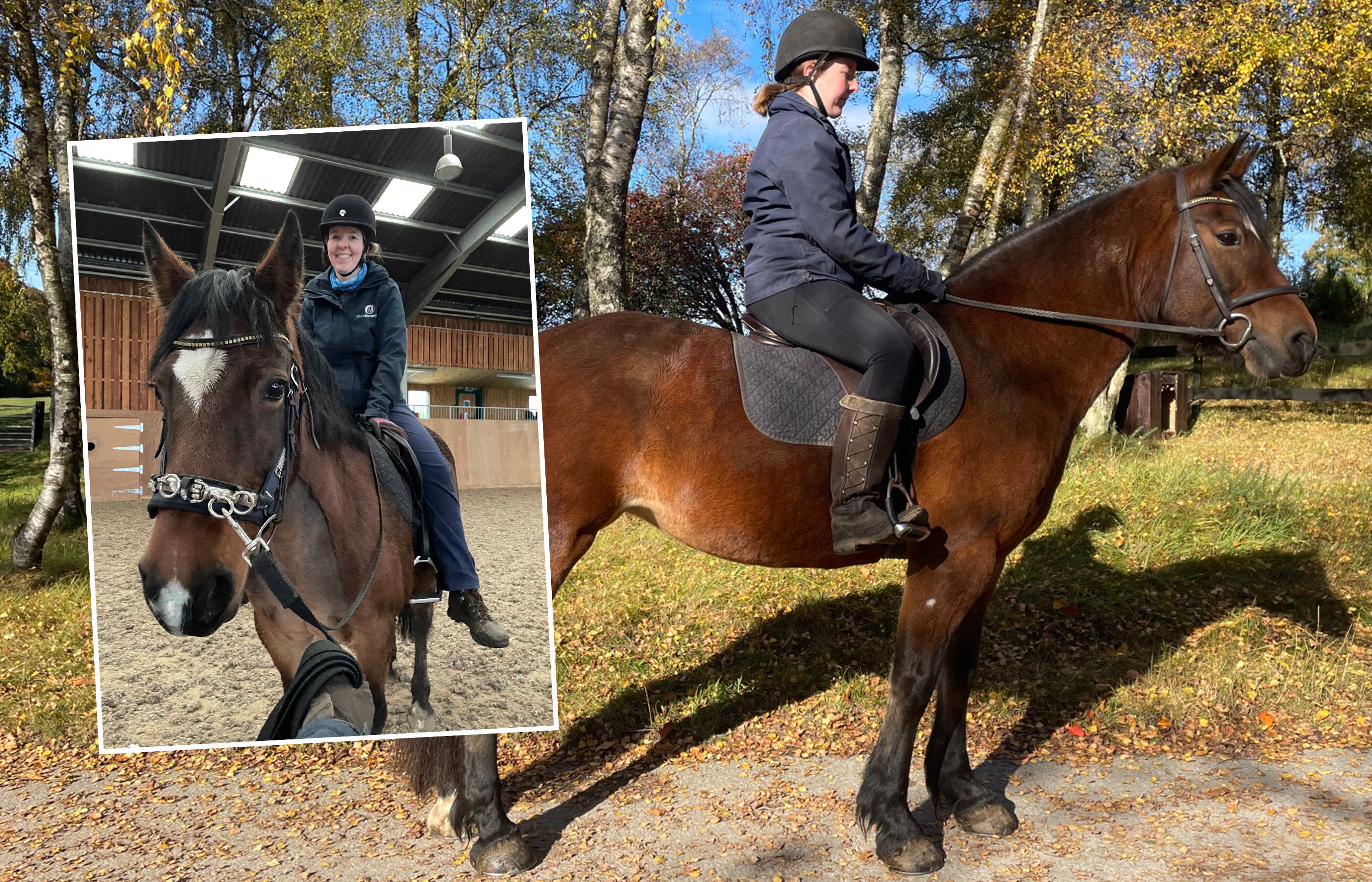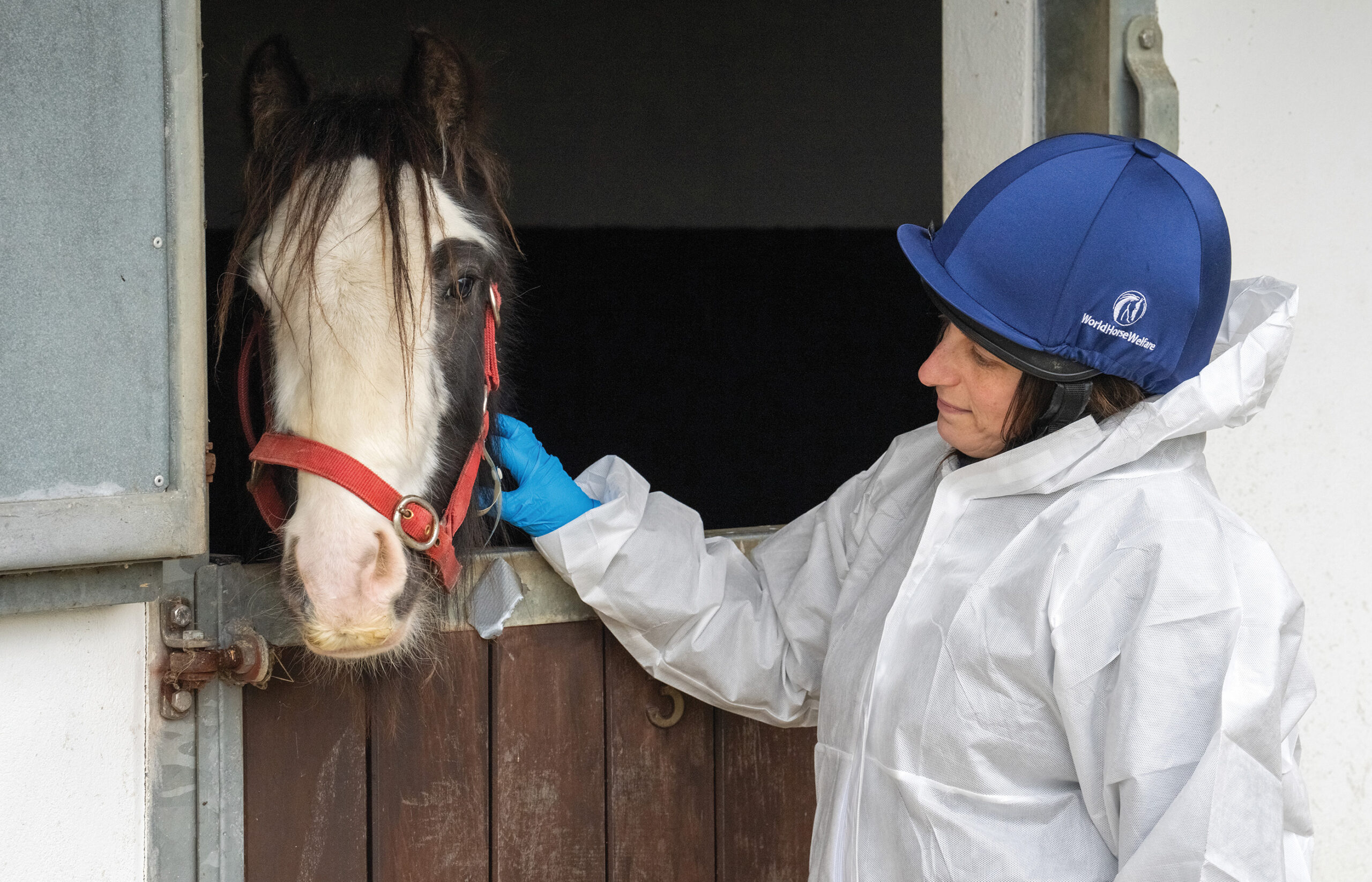World Horse Welfare delivers evidence integral to improving welfare of post-Brexit international transport of horses
World Horse Welfare gives evidence to an Environment, Food and Rural Affairs (EFRA) Commons Select Committee
Posted on 20/05/2021

On Tuesday 18th May, World Horse Welfare gave evidence to an Environment, Food and Rural Affairs (EFRA) Commons Select Committee enquiry on the movement of horses across international borders. As a result of the UK having left the EU the movement of animals across borders is facing a raft of regulation changes. Along with two other members of the equestrian sector, Roly Owers, Chief Executive of World Horse Welfare, was interviewed in front of a cross-party committee gathering evidence to develop a report with recommendations for Government over the effects of moving horses for racing, other equestrian sport, leisure, breeding and slaughter.
Roly Owers said: “In the first few months of 2021 there have been long delays for horses at Border Control Posts, especially at Calais, with some horses being held for hours, or even longer. The number of horses moving in the early months of the year is a third of normal levels and yet the capacity has already proven too low. The infrastructure, resources and paperwork-based process are not fit for purpose and the delays represent a significant animal welfare issue, which will only increase as summer heat builds, especially if cooler overnight movements are not possible as the border control posts are only open from 8am – 6pm.
“Developing a Common Veterinary Area with the EU would significantly simplify and speed up compliant movement of horses across borders. This must be underpinned by digitisation of equine ID, which World Horse Welfare as part of the British Horse Council has been advocating for a long time, and effective intelligence-led enforcement, with well-resourced enforcement agencies working in collaboration. This will streamline the process, while preventing the movement of illegal, non-compliant movements of horses, many of which we believe end up in European slaughterhouses. Digital, not paper, is the way forward and for all horse owners we need the carrot of recognising the benefits of a good digital ID system, and the stick of effective enforcement.”
World Horse Welfare’s contribution follows on from a previous written submission as part of the British Horse Council to the equestrian section of the inquiry, which covers impacts on animal health including disease outbreak, economic interests, the capacity of the UK to adapt to new regulations, and the illegal movements of animals across borders and later sessions dealt with other animals, livestock and pets.
Roly Owers was joined by Ross Hamilton, Head of Public Affairs, British Horseracing Authority and Jan Rogers, Director of Research and Policy, The Horse Trust in the session which considered a number of areas surrounding animal transportation.
Parliament’s Environment, Food and Rural Affairs Committee (EFRA) exists to scrutinise the administration, spending and policy of the Government’s Department for Environment, Food and Rural Affairs.
Topics
Related News

Smuggled Irish horses highlight urgent need for better protection of equines
Significant changes are needed to the current EU transport proposals if they are to be workable for the equine sector.

Rehomed horses steal the hearts of celebrity judges to win in national competition
Three rescued and rehomed horses captivated celebrity judges’ hearts to win their categories in World Horse Welfare’s annual Rehomed Horse of the Year 2019 competition.
Recommended Blog Posts

Training and backing horses in our care
We catch up with groom Claire at Belwade Farm Rescue and Rehoming Centre to find out more.

What is a dummy rider and how do we use them on our farms?
We catch up with Caroline Heard, Assistant Manager at Belwade Farm, to find out all about them.

The Trafficked 20 – what do we know so far?
Our Head of Public Affairs brings us up to date with what we currently know about the horses rescued from illegal smuggling.
Enjoy reading stories like this?
Join over 65,000 other horse lovers and sign up for our email newsletter

Join over 65,000 other horse lovers and sign up for our email newsletter
Sign me up now